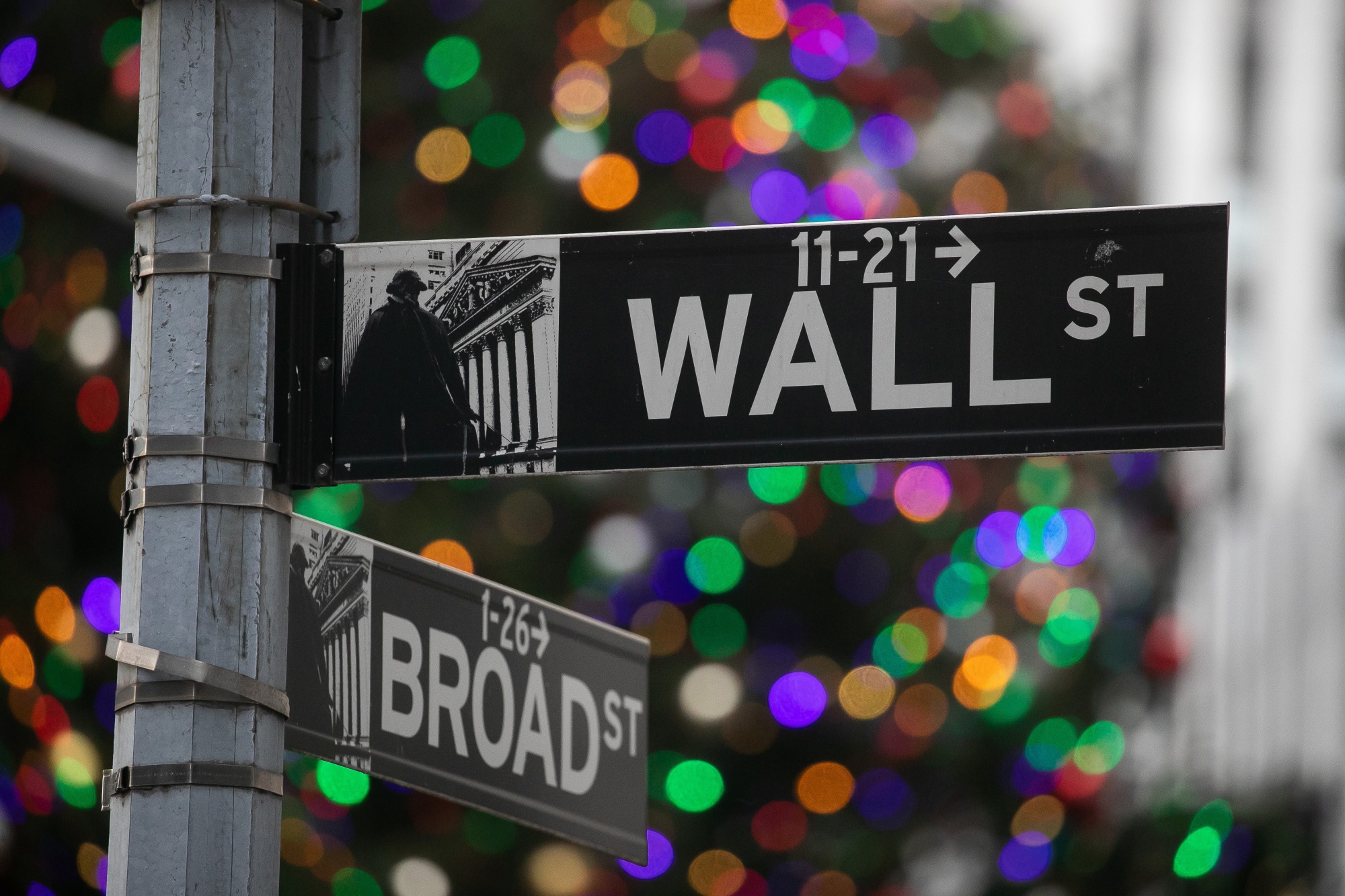Broker Marex has pulled its planned listing, raising concerns that investors may be growing more cautious on new companies coming to the stock market.
The London-based broker, controlled by two former Lehman Brothers investment bankers following a private equity buyout in 2010, disclosed its decision late on Tuesday evening.
“Despite broad investor interest from high quality institutions in the Marex business and prospects, the company has decided not to proceed with the IPO at this time due to more challenging IPO market conditions,” it said in a statement.
The company, one of the brokers with rights to trade on the historic trading floor of the London Metal Exchange, had intended to list on the main market of the London Stock Exchange, seeking a valuation of $650m-$800m.
Another private equity-backed float, fuel cell company Elcogen, also pulled its plans to list on London’s junior market on Wednesday. The first quarter had been the strongest start to the year in 15 years on the LSE, as more than £15bn in equity was raised in the three months to March.
Marex, which puts on trades and derivatives hedges for big commodity producers and consumers, has grown aggressively through acquisitions since a private equity buyout just over a decade ago. It was led by JRJ Group, a private equity firm founded by Jeremy Isaacs, the former head of Lehman’s European operations, and Roger Nagioff, the bank’s ex-head of global fixed income.
Brokers had speculated that Marex would come up for sale over the past few years as JRJ sought an exit from its investment. The private equity group indicated it would sell down its 41 per cent indirect economic interest through the listing.
The company made pre-tax profits of $55m in the year to December, up from $46.6m a year earlier, on net revenue of $414.7m. Its purchases under JRJ include Spectron, a commodities broker, for $154m, London’s Tangent Trading and Chicago-based equity derivatives firm XFA.
London-based Marex employs about 1,000 people and is one of nine members of the Ring, the LME’s historic open outcry trading floor that had faced closure until a pushback by users. It has a 16 per cent market share on the LME.
Marex cancels London listing
